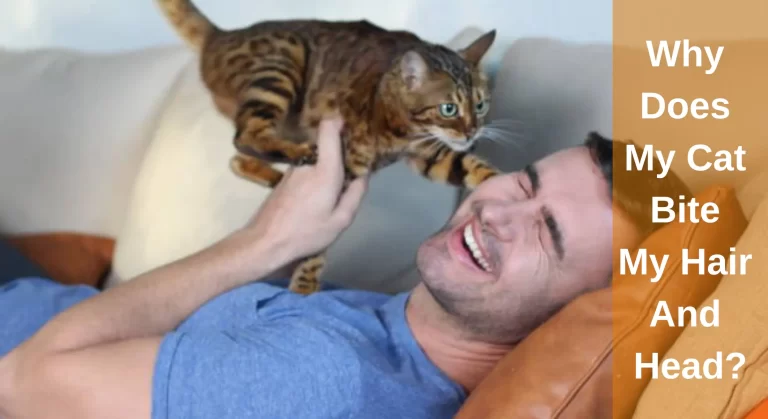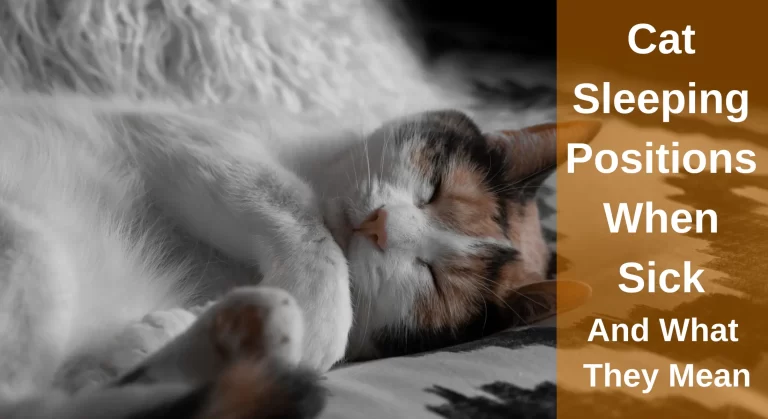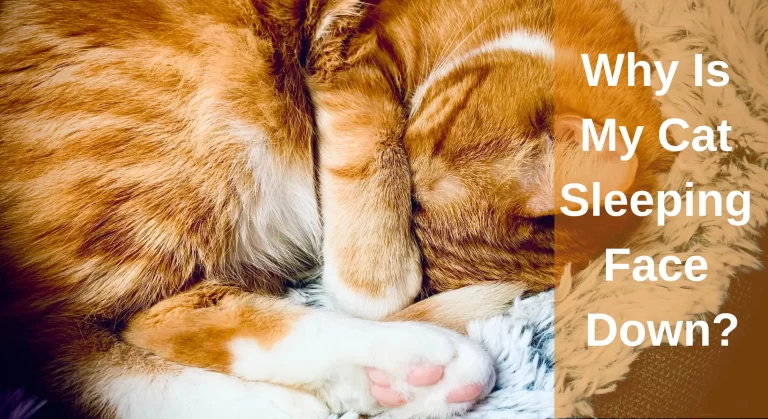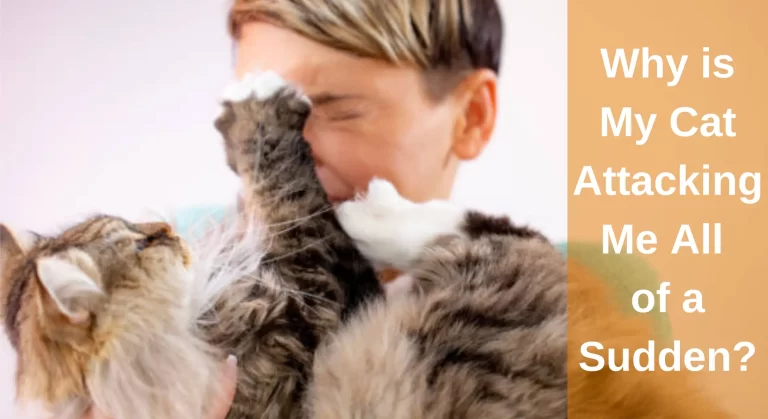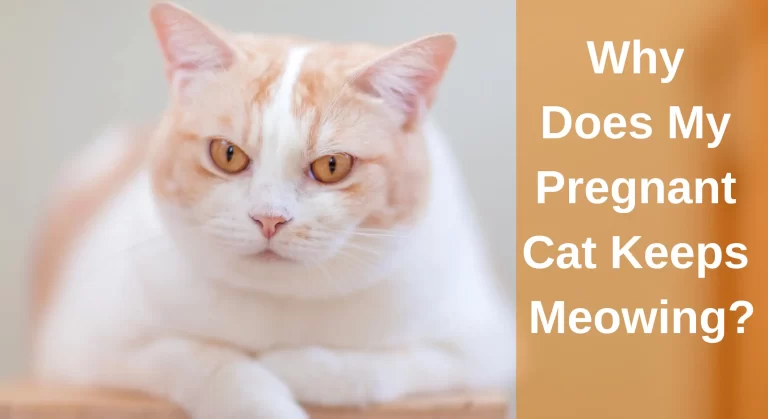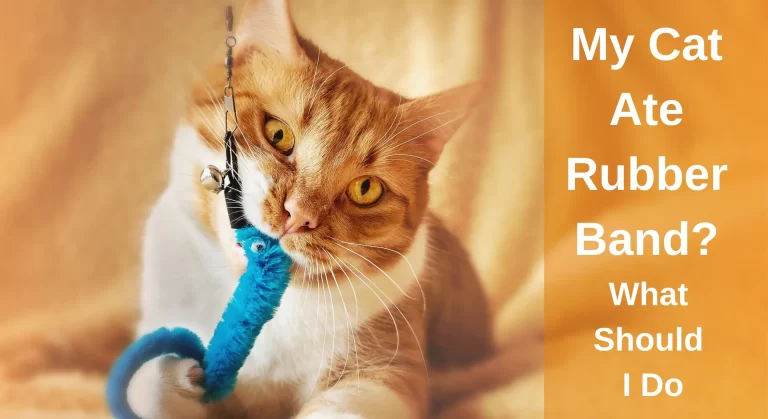Can Cats Be Obsessed With Their Owners? Unraveling the Mystery of Cats’ Obsession with Their Owners
Having a cat as a companion can be a source of joy and comfort. These feline friends have unique personalities and behaviors that can captivate our hearts. However, sometimes our cats develop an intense fascination with us, displaying signs of obsession. Have you ever wondered “Why is my cat obsessed with me”? As a cat owner, you may have experienced your feline friend’s unwavering attention and constant need for affection. Can cats be obsessed with their owners?
Yes, cats are capable of developing obsessive behaviors toward their owners. These behaviors can manifest in various ways, such as a constant need for attention, following the owner everywhere, displaying territorial behavior, excessive grooming, and demanding affection. The source of these obsessions in cats often lies in their emotional attachment and dependence on their owners for security and companionship.
In this article, we will delve into the topic of cat obsession, explore the reasons behind it, and provide practical advice on how to handle this situation while maintaining a healthy bond with your beloved pet.
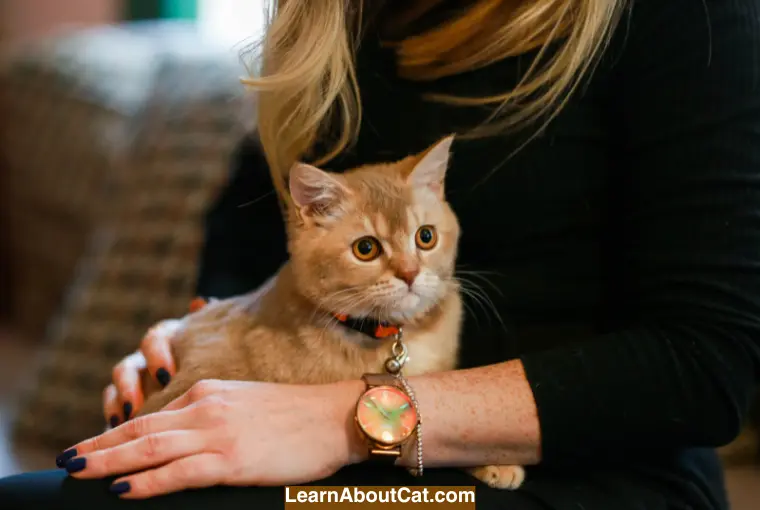
Do Cats Love Their Owners?
Yes, cats are capable of forming deep emotional bonds with their owners. While their expression of love may differ from that of humans or dogs, cats show affection through behaviors such as seeking physical contact, purring, grooming, head-butting, and playful interactions. These actions demonstrate their attachment and trust, indicating that cats do indeed love their owners in their own unique way.
The Science Behind Cat Obsession
The bond between cats and their owners is not purely emotional; it also has a scientific basis. When a cat interacts with its owner, the brain releases neurochemicals like oxytocin, which is often referred to as the “love hormone.” This hormone plays a significant role in creating feelings of attachment and bonding.
Also Read: How To Read Cat Body Language
Signs of Cat Obsession
To determine if your cat is obsessed with you, observe the following signs:
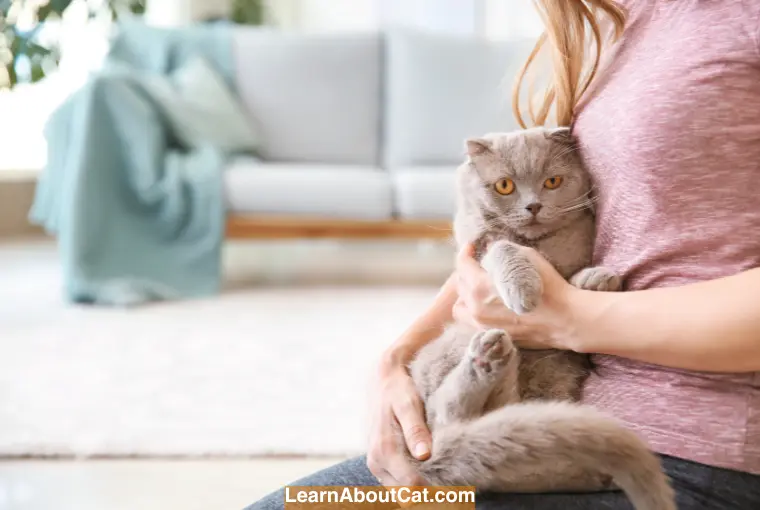
- Constant Need for Attention: Your cat demands your attention and becomes restless when you’re not giving them adequate focus.
- Following and Stalking Behavior: Your cat follows you from room to room, always keeping an eye on your activities.
- Purring and Kneading: Your cat expresses contentment and affection by purring loudly, excessively grooming, and kneading their paws against your body.
- Vocalizing and demanding affection: An obsessed cat may vocalize more frequently and demand attention, affection, and playtime from their owner.
- Separation Anxiety: Your cat becomes anxious and distressed when you’re away for extended periods, exhibiting signs such as excessive meowing or destructive behavior.
Also, Check Out: Why Does My Cat Lick Me? And How To Respond
Reasons My Cat Is Obsessed With Me
Identifying signs of cat obsession can help you determine if your feline friend’s behavior is reaching an intense level. Look out for the following indicators:
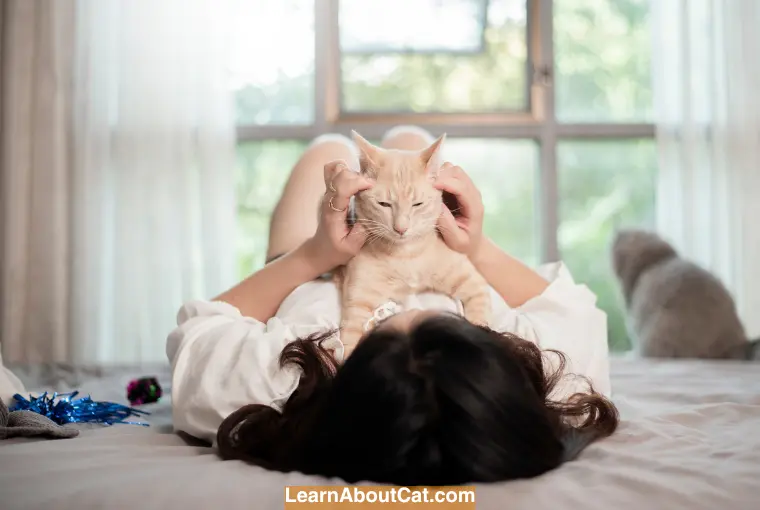
1. Excessive Attention-Seeking Behavior
One of the key signs that your cat may be obsessed with you is their constant need for attention. If the cat perceives that the owner is busy or unavailable, and there are no other pets in the house to interact with, they may become clingy as a way of seeking love and attention.
They follow you around the house, rubbing against your legs, and meowing insistently. These attention-seeking behaviors are their way of expressing their strong attachment to you and their desire for your company. While it can be endearing, it may also become overwhelming at times.
In such cases, providing dedicated time and attention to the cat can help satisfy their need for companionship and reduce clingy behavior.
2. Protection Or Overly Protective Behavior
Protection is an instinctive need for cats, and it can also trigger clingy behavior. If there are spooky or unfamiliar things in the home that the cat is afraid of, or if there are other pets in the neighborhood that cause fear, the cat may seek reassurance and protection from its owner, resulting in clingy behavior.
Also, cats that are obsessed with their owners may exhibit possessiveness and overprotective behavior. They may become territorial and display aggression towards anyone they perceive as a threat to their bond with you. This behavior is rooted in their instinct to protect their territory and ensure your safety.
3. Separation Anxiety
Cats, like humans, can experience separation anxiety when they are separated from their mothers at a young age. In these instances, they instinctively seek comfort from their new owner, often perceiving them as a maternal figure. Some kittens may even develop an intense fixation on their human caregiver.
If you have spent significant time bonding with your feline companion and suddenly find yourself needing to be away for a short period, you may observe your cat exhibiting heightened clinginess in your absence.
Cats with separation anxiety can display signs of obsession when separated from their owners. They become distressed and exhibit behaviors such as excessive vocalization, destructive scratching, and urinating outside the litter box. Separation anxiety can be challenging for both the cat and the owner, requiring patience and understanding to address.
4. Excessive Grooming
Another sign of obsession in cats is excessive grooming, not only of themselves but also of their owners. Cats may lick and groom their human companions excessively as a way of bonding and showing affection. However, when this behavior becomes compulsive, it can lead to skin irritations and hair loss.
5. Over-Attachment
An obsessed cat may become excessively attached to their owner, following them from room to room and demanding constant attention. They may display signs of distress when separated, such as excessive vocalization or destructive behavior. This attachment can stem from a deep bond with their owner or underlying insecurities.
6. Insecurity and Trust Issues
Trust issues can contribute to obsession in cats. If a cat has experienced trauma or neglect in the past, it may develop an intense need for security and constant reassurance from its owner. Building trust through positive experiences and a stable environment is crucial in addressing these issues.
Insecurity is another factor that can contribute to your cat’s obsession with you. When a new pet enters the household or when a new person becomes a prominent figure in your life, your cat may fear losing your attention and affection. Consequently, they may act out by seeking increased attention and becoming excessively clingy.
7. Stress and Anxiety
Stress and anxiety can significantly impact a cat’s behavior, often leading to clinginess and even obsessive tendencies. Changes in the household, such as moving to a new home or the addition of a new pet, the unsettling experience of visiting the veterinarian can trigger stress and lead to obsessions.
When cats feel stressed or anxious, they instinctively seek solace from their owner to regain a sense of security. They may constantly follow their owner around the house, demand attention, or insist on physical contact, displaying an excessive need for closeness.
Providing a calm and predictable environment, along with ample opportunities for play and mental stimulation, can help alleviate these anxieties.
8. Health Issues and Sickness
Sometimes, cats become obsessed with their owners as a response to underlying health issues or sickness. If your feline companion is experiencing discomfort due to health problems, overeating, or illness, they may seek extra attention and closeness from you as a means of seeking comfort.
If you notice sudden changes in your cat’s behavior accompanied by signs of illness, it’s essential to consult a veterinarian for a thorough examination.
9. Aging and Cognitive Decline
Aging is another factor that can contribute to a cat’s obsession. Just like any living being, cats require love, care, and attention as they grow older.
As cats age, they may experience cognitive decline, leading to changes in behavior and increased attachment to their owners. They may forget familiar routines or become disoriented, seeking constant reassurance and companionship.
They may become more dependent on their owners and seek additional comfort and companionship, leading to increased clingy behavior. Patience, understanding, and a supportive environment are essential for managing these age-related obsessions.
10. Pregnancy and Hormonal Changes
Pregnancy is a significant event in a cat’s life. Female cats can exhibit obsessive behaviors when they are pregnant or experiencing hormonal changes. These behaviors are part of their natural instinct to protect their offspring and ensure their own safety.
They may choose to hide, hiss, or seek the owner’s attention as signs of being pregnant and wanting extra care and support. With extra care and attention during this time you can help manage the obsessions associated with pregnancy.
Check Out: Do Cats Get Clingy When You Are Pregnant?
Impact of Cat Obsession on You
While having a cat obsessed with you can be flattering, it’s important to understand the impact it can have on both you and your feline friend.
- Emotional Support: A cat’s obsession with you can provide emotional support and companionship, especially for individuals living alone or facing challenging circumstances. They can offer a sense of purpose and comfort.
- Stress Relief: Interacting with an obsessed cat can be therapeutic, as it helps reduce stress and anxiety levels. Their affectionate behavior can create a calming effect and improve overall well-being.
- Challenges and Boundaries: Cat obsession can also present challenges. Over time, your cat’s dependence may lead to boundary issues and a lack of personal space. It’s crucial to establish healthy boundaries to maintain a balanced relationship.
Tips for Managing Cat Obsession
While a cat’s obsession with you can be endearing, it’s important to maintain a healthy balance in your relationship. Here are some tips for managing and redirecting their obsession.
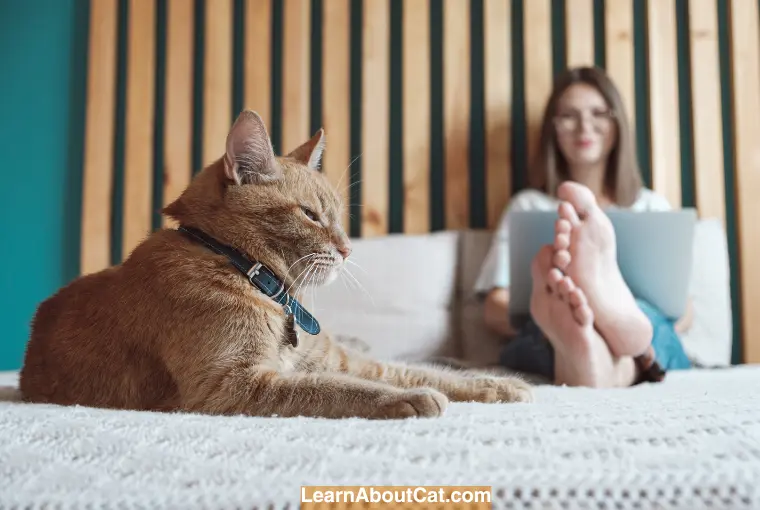
Providing Enrichment Activities
Engage your cat in stimulating activities to redirect their focus and energy. Provide them with interactive toys, scratching posts, and puzzle feeders to keep them mentally and physically stimulated.
Establishing Boundaries and Personal Space
Create designated areas in your home where your cat can retreat to and have their alone time. This will help establish boundaries and ensure that both you and your cat have personal space when needed. Establishing a predictable routine and maintaining a calm atmosphere can also help alleviate stress.
Promoting Independence
Encourage your cat to engage in independent activities. Provide them with access to perches, window views, and vertical spaces, allowing them to explore and observe their surroundings without relying solely on your attention.
Find Out: Why Does My Cat Lick Me When I Pet Him? Top 6 Reasons
How Do Cats Choose Their Favorite Person?
Have you ever wondered how cats choose their favorite person? Cats are unique creatures with individual preferences, and their selection of a favorite person is influenced by various factors. Understanding this process can deepen the bond between you and your feline companion.
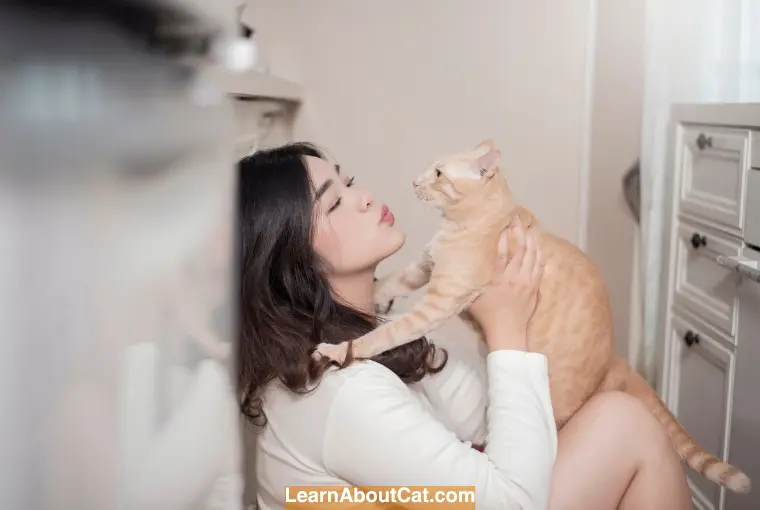
Cats have a natural desire to build connections and seek love, attention, and care, just like any other pet. Research suggests that the more time and effort you invest in your cat, the more they will reciprocate and develop a special fondness for you.
Moreover, cats exhibit a discerning nature when choosing their best person, assuming that the homeowner would reward them if they act well and maintain themselves clean. Above all, cats judge people by how they treat them, and it’s how they select their favorites. Cats are more devoted to people or someone that:
The process of choosing a favorite person involves cats attentively observing how a person interacts with them. Factors that influence a cat’s preference include:
- Early Bonding: Cats tend to form stronger attachments to individuals who establish a bond with them during their early stages of life.
- Nourishment and Care: Cats lean towards those who provide them with regular feeding and attentive care, as it fosters a sense of security and well-being.
- Emotional Security: Cats are drawn to individuals who make them feel safe and comfortable in their presence, creating an environment of emotional security.
- Communication: Cats gravitate towards people who engage in frequent verbal and non-verbal communication, as it strengthens their connection and understanding.
- Affectionate Interactions: Regular cuddling and playtime sessions with their human companion play a vital role in solidifying the cat’s preference for that person.
- Respect for Personal Space: Allowing cats to have their personal space when desired fosters a sense of trust and strengthens the bond between the cat and its favorite person.
- Inclusion in Activities: Cats develop a stronger attachment to individuals who include them in various activities and take them along wherever they go.
- Personal Grooming: Cats appreciate individuals who take the time to personally groom and maintain their well-being, as it strengthens the bond and demonstrates care.
- Comfortable Sleeping Arrangements: Providing cats with a cozy and secure sleeping place establishes a sense of belonging and contributes to their preference for a particular person.
Do Cats Imprint On One Person?
The first thing to understand is that a particular cat can have a plethora of caretakers in the house. If there are several individuals, although not all at the same time, the cat may develop preferences for each of them. Cats are susceptible to your emotional state (for example, when you “play with” them or pet them), and they seem to like one person better than another.
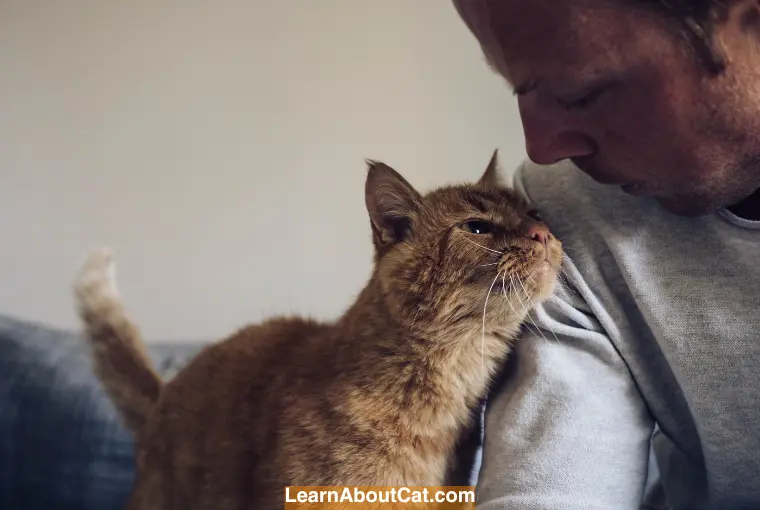
This is due to an ” imprinting ” process that can happen when they are very young. For cats, this critical period typically occurs between two and seven weeks of age. During this time, kittens are highly receptive to learning about their surroundings and establishing relationships with humans. If a kitten is exposed to a specific individual during this crucial phase, it is more likely to develop a strong bond with that person as it grows older.
So if your cat was adopted from the shelter as an adult and you’re now trying to make him a family member, it may require some effort on your part to establish a bond.
It is important to recognize that not all cats will imprint on a single person. Some cats have more social tendencies and may form bonds with multiple individuals throughout their lives. However, if you have a cat that appears to be particularly attached to you, it is likely that they have imprinted on you.
If you are interested in fostering a stronger imprinting bond with your cat, there are a few actions you can take. First and foremost, spend ample time with your cat during the critical period of two to seven weeks of age. Engage in conversations with your cat, pet them gently, and play together. The more positive interactions your cat has with you during this period, the higher the likelihood of forming a profound bond.
Frequently Asked Questions
Is it normal for a cat to be obsessed with its owner?
Yes, it’s normal for cats to form strong attachments to their owners. However, excessive obsession can be problematic and may require intervention.
Can cat obsession become problematic?
Yes, cat obsession can become problematic if it leads to destructive behavior, aggression, or distress for the cat or the owner. It’s important to address the issue and find a balance that promotes a healthy relationship.
What should I do if my cat exhibits signs of separation anxiety?
If your cat shows signs of separation anxiety, gradually desensitize them to your absence by starting with short periods of alone time and gradually increasing the duration. Provide engaging distractions and consider seeking professional help if needed.
When should I seek professional help for my cat’s obsession?
If your cat’s obsession becomes disruptive, leads to aggression, or significantly affects their well-being or your relationship, it’s advisable to consult with a veterinarian or animal behaviorist. They can provide expert guidance and develop a tailored plan to address the issue.
Is it possible for cats to become obsessed with multiple owners?
Cats can form attachments to multiple individuals, but the level of obsession may vary. It’s essential to recognize the signs and address any potential issues to maintain a harmonious relationship.
Can neutering/spaying reduce obsessive behavior in cats?
Neutering or spaying can help reduce hormonal influences and certain territorial behaviors in cats, which may indirectly affect obsessive tendencies. However, it’s not a guaranteed solution for all cases.
Can a cat’s obsession change over time?
Yes, a cat’s behavior can evolve and change over time. Factors such as the owner’s behavior, environmental changes, or the introduction of new pets or family members can influence a cat’s level of obsession. Regular observation and understanding of the cat’s needs are crucial to maintaining a healthy relationship.
Wrap Up!
To conclude, cats have various reasons for exhibiting obsessive behavior, such as separation anxiety, insecurity, stress, trust issues, health issues, pregnancy, aging, and the need for protection or attention. Understanding the underlying causes can help us address and manage their clinginess effectively.
Dealing with obsessive behavior requires a patient and empathetic approach. Rather than disciplining or pushing them away, it is beneficial to provide a few minutes of attention when they seek it, ignore undesirable behaviors by gently moving them, use distractions like toys to redirect their focus, and ensure they have stimulating toys to prevent boredom. Ignoring door scratching and refraining from rewarding attention-seeking behavior can also discourage clinginess.
Related Posts:
Who is Isabella?
My name is Isabella, and I am a dedicated and knowledgeable cat enthusiast. With years of experience caring for cats and a deep love for felines, I made a mission to help other cat lovers navigate the challenges of cat ownership.

